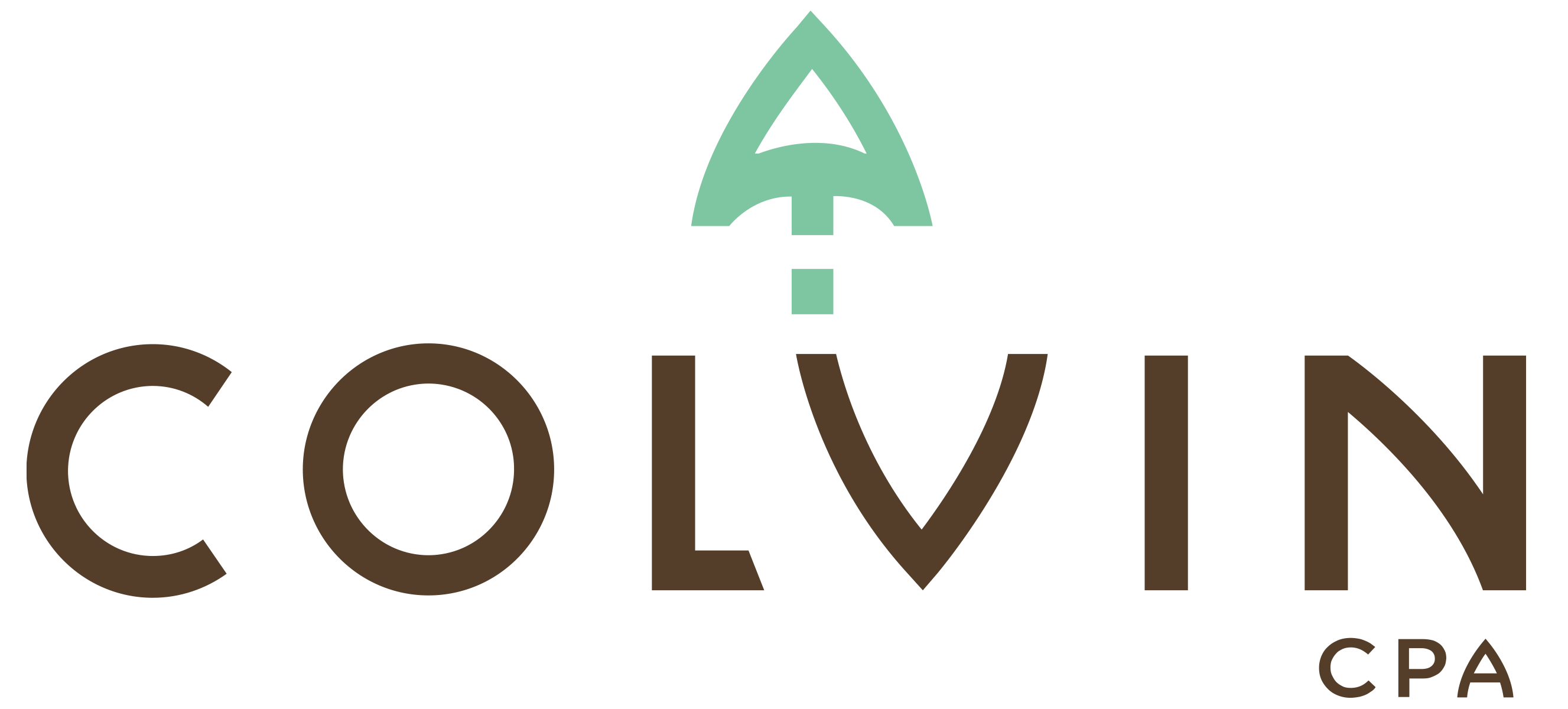What Makes a Meal a Deductible Business Expense?

Almost every small business has deductible meal expenses. Here are some common examples of meals that may be a deductible business expense:
- You meet a potential client for coffee to discuss a potential project.
- You invite an existing client to a brewery to discuss their newest challenges.
- You wine and dine an existing contractor to discuss what created a recent success.
- You take an employee out to lunch to discuss their performance.
- You fly to a 3-day conference and eat breakfast alone at a diner.
Here is what you need to know about what makes a meal a deductible business expense and how to be in compliance with IRS requirements.
The meal is ordinary and necessary for your industry.
- Meaning that the meal is common, appropriate and helpful.
- This doesn’t mean that the meal is required or indispensable.
- For example, it is common, appropriate and helpful to entice a client to a bakery for eating dessert and exploring how your services solve their problems.
The meal is not lavish or extravagant for your industry.
- Meaning that the meal is reasonable based on facts and circumstances.
- This doesn’t mean a specific dollar threshold.
- For example, it might be reasonable to meet a client at a 5-star restaurant if the project we are working on is about evaluating 5-star restaurants.
-
The taxpayer is present at the meal.
- Meaning that a representative of the business is at the table for the meal.
- This doesn’t mean that the actual business owner has to be at the table.
- For example, an existing employee meets a potential employee for lunch to help lure the talent to sign a contract and join your team.
-
The meal is shared with a guest that you have a business relationship with.
- Meaning that your guest is a current or potential client, customer, consultant, or employee.
- This doesn’t mean that you have to have an equal number of business representatives and guests.
- For example, you host a team of contractors at a wine bar to meet each other before you launch a new project.
- Note: This requirement can get wonky. For example, you don’t have to have a guest at a meal if you are traveling, overnight and away from home for a business reason.
-
-
The meal has a business purpose.
- Meaning that you discuss projects and possibilities, negotiate details, solve problems, or present information.
- This doesn’t mean routine get-togethers with a colleague who is also a friend.
- For example, you meet a conference organizer at a wine bar to learn about the audience that you will be providing the keynote to.
-
-
Documentation is retained.
- Meaning that you have the receipt which shows the date, the location, the details of what was bought, the amount of tip paid and you’ve identified who was present and what was the business purpose of the meal.
- This doesn’t mean a credit card statement.
- For example, this picture shows a receipt that has captured all documentation requirements.
-
-
Disclaimer – We have not included all possible restrictions and complexities. It is crucial that you consider more information than we have written here. Always discuss your specific scenario with a professional accountant.
Photo credit: Mariya from Pixabay.
Have a related topic you’d like to learn more about? Share it with us, so we can add it to our blog!


